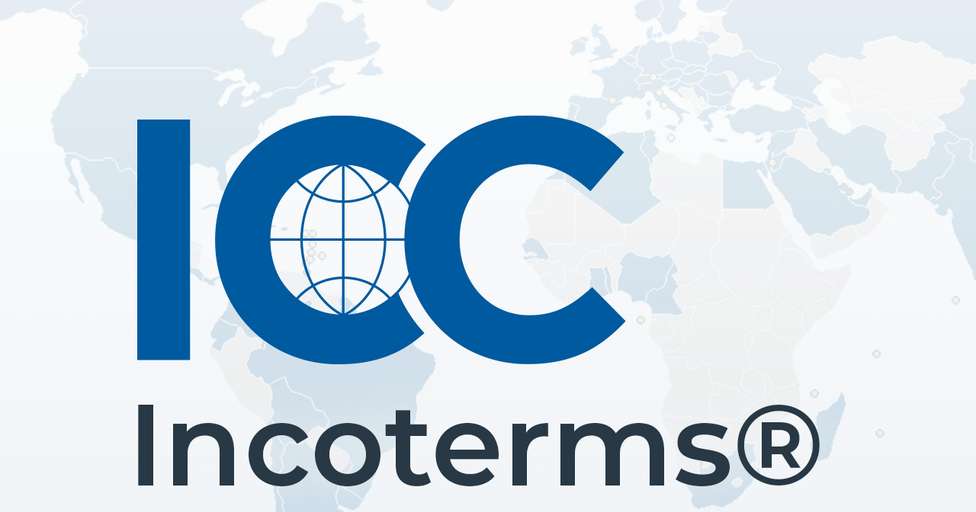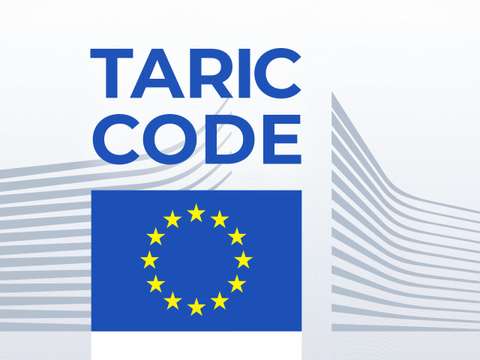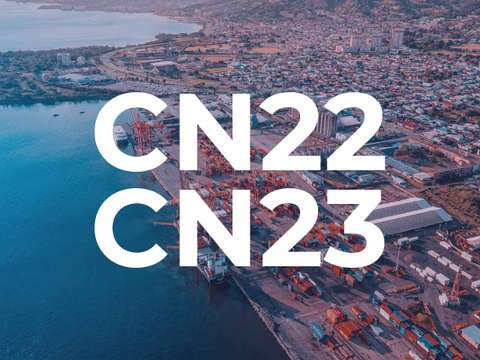Incoterms are fundamental when it comes to shipping internationally. Learn what are Incoterms, the types of Incoterms you can encounter and check out which ones are the most advantageous for your online store and customers.
What are Incoterms? Definition
Incoterms are internationally recognized terms used to facilitate international trade. Although using Incoterms isn’t mandatory, they are a useful tool for international operations, so we recommend learning what types exist and what they imply —and then using them as needed.
Incoterm stands for International Commercial Terms. They usually appear as a group of three capital letters (for example, FAS or CPT) and can be used from the moment a buyer makes a purchase up until the product reaches the customer.
Incoterms have an impact on customs documentation, costs, responsibilities and rights of both the shipper and the recipient. They serve as a guide for agents involved in export and import tasks (international trade).
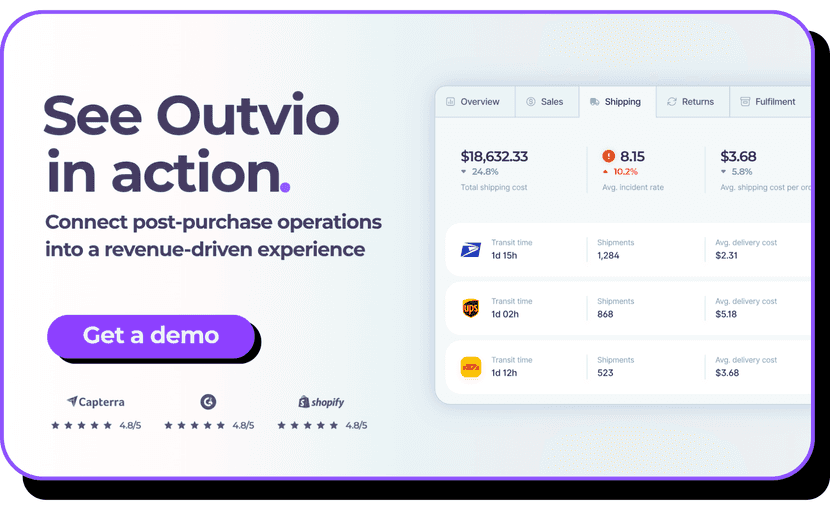
When do Incoterms apply?
Incoterms are only used for international shipping. They are intended to clarify when the exporter is responsible for the goods, costs, insurance and freight, and at what point these responsibilities are transferred to the importer of the goods.
Who publishes Incoterms?
Since 1919, the International Chamber of Commerce (ICC) has been in charge of easing international trade operations. In order to do so, the ICC conceived of Incoterms soon afterward and has since modified them to facilitate international trade and accommodate new trends.
But why exactly do Incoterms exist? Here is a brief history of why they were developed.
In the early years of the 20th century, cultural differences were interfering with exports and imports, with different legal systems, local practices, and languages creating issues during international trade operations and ultimately making them more expensive and slower.
Hence the need to create a series of rules and guidelines that would unify international trade operations. The ICC published the first list of Incoterms in 1936. Since then, Incoterms have changed and grown to reflect new situations that arise in international trade.
It should be noted that the modification of Incoterms does not invalidate the use of the old versions. These rules are used along with a designated year so that there is no doubt about the conditions that apply in each case. However, the most logical and common practice is to use the Incoterms published in the last update. For this reason, until the next update, which will likely be in 2030, we will be using the 2020 version.
What does Incoterm mean?
Incoterms function as an agreement between an exporter and importer regarding transportation, place of delivery and collection of the goods, insurance (if any) and transmission of responsibility for the goods (costs and obligations).
Bear in mind that, although the name of the Incoterms may not change over time, the aspects mentioned above may. This is why the term is used followed by the year of the version; for example, the Incoterm FCA 2010 may differ in some respects to FCA 2020.
Incoterms types
Incoterms can be classified according to various aspects: means of transportation, insurance obligation or the responsibilities of the parties. According to the latest update to the system, there are 4 groups of Incoterms (E, F, C and D).
What does each group mean?
The different groups (E, F, C and D) determine aspects such as the mode of transport, the obligations and responsibilities of the importer and exporter or who pays the shipping costs and to which location.
Which Incoterms should I use as an online store?
International shipping is a topic that concerns both online stores and their customers.
In fact, although eCommerce is still booming and more and more businesses are finding their entry into foreign markets successful, there’s still reluctance when it comes to purchasing online from a foreign site.
Varying tax rules, linguistic differences and consumer concerns are the main reasons why easing the purchasing process as much as possible is key to boosting international sales.
So, what are the best Incoterms for exporting goods?
For the seller, the Incoterm EXW has the least amount of obligations and lower costs. However, no buyer would be truly satisfied with the conditions set by EXW.
For this reason, the most commonly used Incoterms in online retail are the DPU and DDP models.

One of the most important tasks related to the selection of an Incoterm is the communication of responsibilities customers have as buyers.
In this way, you can ensure that your customers are satisfied with the shopping experience and avoid unpleasant surprises like unexpected duties.
The most beneficial and comfortable option for customers is DDP (below you can find all the necessary information about this term). DDP results in a higher cost and more responsibilities for the shipper, but also higher customer satisfaction.
If your profit margin for international sales is low, you can add a small supplement to offer shipments under DDP. If you prefer to avoid these additional charges, you can also ship under DPU.
Shipping under the DPU Incoterm means that the expenses generated at customs will be faced by the buyer and the buyer should know about them before they purchase anything from your store.
Take a look at the current Incoterms (2020) to find out their names, definitions and what they imply.
Incoterms and their definitions
GROUP E
EXW (Ex works)
The Incoterm EXW, or Ex works, establishes that the seller makes the goods available to the buyer at the seller's facilities or in another place such as a factory or warehouse.
In this case, the seller doesn’t need to load the goods on the selected means of transport for the collection of the products, nor do they have to carry out customs clearance (if it’s necessary).
This Incoterm is the most beneficial for a seller since the obligations are few and the costs are low.
GROUP F
FCA (Free carrier)
The Incoterm FCA, or Free carrier, establishes that the seller delivers the goods to the carrier or to another person assigned by the buyer at the seller's premises or at another designated place.
As a general rule, it’s recommended that both parties be as specific as possible regarding the delivery location, since this is where the transfer of risks to the buyer takes place.
FAS (Free Alongside Ship)
The Incoterm FAS, or Free Alongside Ship, is used only for maritime transport. Under these rules, the seller delivers the goods next to the vehicle designated by the buyer in the harbor from which the shipment will be made.
The risk for loss or damage is transmitted when the products are placed alongside the ship. The buyer is responsible for all expenses generated from that moment on.
FOB (Free On Board)
The Incoterm FOB, or Free On Board, is also specific to maritime transport. The seller must deliver the goods on the vessel nominated by the buyer at the chosen harbour or arrange for the goods to be delivered under these conditions at the specific location.
The risk for loss or damage is transmitted when the products are placed on the ship. The buyer is responsible for all expenses generated from that moment on.
GROUP C
CPT (Carriage Paid To)
The Incoterm CPT, or Carriage Paid To, establishes that the seller delivers the goods to the carrier or to another person determined by the buyer at a place agreed upon between the parties.
The seller must contract and pay the shipping costs to deliver the goods to the chosen destination.
CIP (Carriage And Insurance Paid To)
The Incoterm CIP, or Carriage And Insurance Paid To, determines that the seller must deliver the goods to the carrier or to the person determined by the buyer at the agreed-upon place, with the additional condition that insurance for loss or damage has to be paid by the seller for the entire transportation process until the package reaches the location chosen by both parties.
In short, CIP = CPT + Insurance
The buyer should be aware that the insurance coverage may be minimal. If the buyer wants additional coverage, they need to agree on the terms, or the buyer can get additional shipping insurance.
CIF (Cost, Insurance and Freight)
The Incoterm CIF, or Cost, Insurance and Freight, establishes that the products need to be placed on the ship by the seller or an authorized party. This Incoterm is used in maritime transport.
The transfer of risk for loss or damage takes place when the products are loaded on the ship.
The seller must contract the cargo and pay the necessary costs for the delivery of the goods at the port stipulated as the destination. Sellers also are in charge of contracting and paying insurance for loss or damage up until the goods are delivered to the port of destination.
Under this Incoterm, the seller is only required to contract minimum shipping insurance. If the buyer wants to have more coverage, they need to come to an agreement with the seller, or the buyer can extend the coverage unilaterally.
CFR (Cost and Freight)
The Incoterm CFR, or Cost and Freight, establishes that the seller must place the goods on the ship. The transfer of risk for loss or damage occurs once they are on board.
The seller must contract and pay for the transportation of the goods and any related costs up until the arrival at the agreed port of destination.
GROUP D
DAP (Delivered At Place)
The Incoterm DAP, or Delivered At Place, establishes that the seller has to deliver the goods at the point of origin of the transport route that the buyer has contracted. Under these rules, the buyer isn’t responsible for the goods at the destination, nor for the costs that this process generates.
The seller is responsible for the goods until the goods are delivered to the agreed upon destination.
DPU (Delivered At Place Unloaded)
The Incoterm DPU, or Delivered At Place Unloaded, replaces the old DAT (Delivered At Terminal). With the new denomination, it’s also established that the seller must deliver the goods unloaded from the means of transport at the designated place of destination.
The seller is responsible for the goods until they are delivered and unloaded at the named place of destination.
DDP (Delivered Duty Paid)
The DDP Incoterm, or Delivered Duty Paid, establishes the greatest number of responsibilities and charges on the seller, making it the most comfortable option for importers or buyers.
Under a shipment with the DDP rules, the seller makes the goods available to the buyer with the customs clearance already completed and paid for, which implies that the goods have previously been unloaded from the means of transport at the agreed destination.
The seller is responsible for all tasks and costs necessary to deliver the products to the designated destination. Customs clearance must be done for both export taxes and import taxes, and all customs formalities must be carried out for the completion of the seller's tasks and the transfer of their responsibilities and risks to the buyer.
Alternative classification of Incoterms
Incoterms can also be classified depending on the transportation method or the need to get shipping insurance or not.
Depending on transportation method
Sea freight Incoterms
- FAS
- FOB
- CIF
- CFR
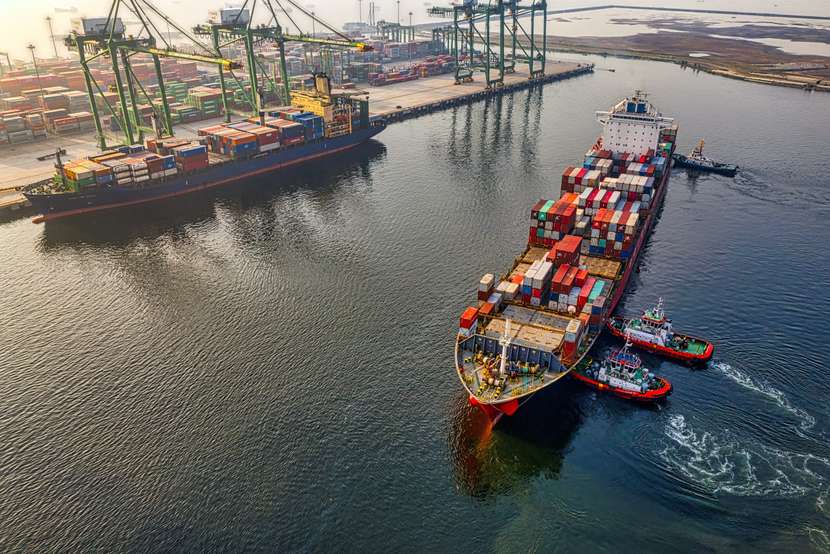
Land, air or sea freight Incoterms (multimodal Incoterms)
- EXW
- FCA
- FAS
- FOB
- CPT
- CIP
- CIF
- CFR
- DAP
- DPU
- DDP
Depending on the obligation to hire insurance
Only the CIP and CIF Incoterms imply obligatory insurance from the seller. This may be due to the fact that other Incoterms establish the transfer of risk for loss or damage before the goods are transported. The transportation process is when most shipping issues occur: loss, damage, theft, etc.
Incoterms in 2025: Overview
Incoterms are a very useful tool when it comes to selling and shipping your products internationally. The use of these rules is, in theory, optional. However, in practice, most sellers use Incoterms to avoid possible misunderstandings and speed up the delivery process.
As an online store, you can choose any Incoterm. However, you must always remember to clarify to your buyers under which Incoterm you are going to deliver the products.
As you can imagine, the average consumer doesn’t know what each Incoterm entails. They may not even know about their existence. Therefore, telling them the chosen Incoterm also means explaining what their responsibilities and rights are, as well as yours.
As we mentioned before, the best Incoterms for online stores are the DPU and the DDP because they are the easiest for customers.
Incoterms 2025 Chart
| Load | Transport | Customs clearance (export) | Load | Freight | Unload | Customs clearance (import) | Transport | Unload | |
|---|---|---|---|---|---|---|---|---|---|
| EXW | |||||||||
| FCA | |||||||||
| FAS | |||||||||
| FOB | |||||||||
| CPT | * | * | * | ||||||
| CIP | * | * | * | ||||||
| CIF | * | ||||||||
| CFR | * | ||||||||
| DAP | |||||||||
| DPU | |||||||||
| DDP |
| Seller’s responsibility | |
|---|---|
| Buyer’s responsibility | |
| Special cases when costs and tasks depend on the seller, but the risk is assumed by the buyer | * |
Conclusions
International trade evolves every day and Incoterms may be updated even more frequently to deal with the changes that are constantly taking place. We recommend that you try to stay up-to-date on Incoterms because they will directly impact your operations as an eCommerce business.
If your eCommerce business has gone international and you need to automate and stremaline your post-checkout operations, Outvio is the perfect platform for this. Take your fulfillment, shipping, tracking and customer service to the next level and customize brand & buyer communications through its marketing features.
If you want to learn more about international shipping, you can read our article to learn how to optimize the management of international sales and get the most out of your eCommerce business.

